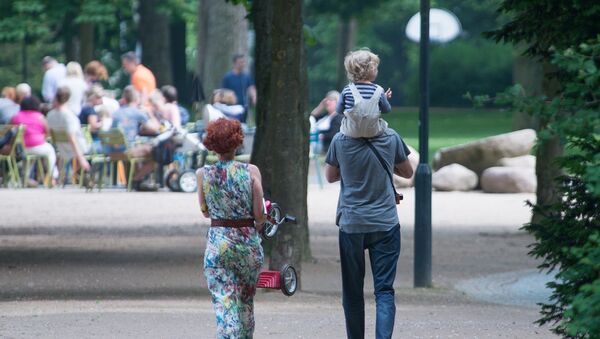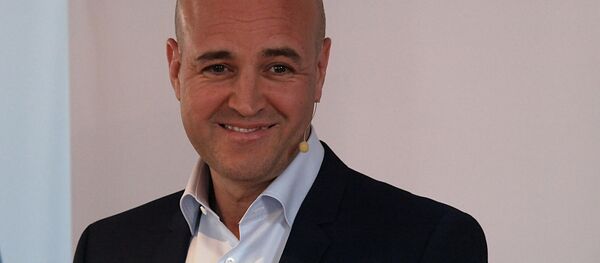In recent decades, the average age of first-time Finnish mothers has risen dramatically, a Family Barometer study carried out by the Family Federation of Finland in order to identify the reasons behind the prospering nation's astonishing 'baby blues' has established.
By the end of the 1960s, the average Finnish woman experienced the joy of motherhood by the age of 23. Today, first-time mothers are about 29 years old on the average, whereas first-time fathers are about 31.5 years old, national broadcaster Yle reported.
Furthermore, many childless adults interviewed about their perception of family life in the Family Barometer, connected family life with owning a car, a house and having a steady well-paid job. By their own admission, they were hesitant to start a family too early in their lives.
Family Federation researcher Anna Rotkirch ventured that it was not at all surprising that many childless people regard parenthood as a crushing burden of stress and fatigue, citing the prevalence of people in their thirties and forties who work hard and a lot, which she called a "recipe for problems."
"In the barometer, women wondered how much time they'd be able to take off work, while men said they reckoned that they would not be able to work as much overtime once they became fathers," Rotkirch told Yle.
Despite the obvious trend of delaying parenthood, it is still uncommon for Finnish women to say they don't want to have children at all, contrary to the Family Federation's previous suggestion that a childless lifestyle may in the future become the norm in Finnish society.
As a consequence of delayed maternity, the time between the births of each successive child has become shorter, resulting in a smaller age differences between siblings than in previous generations. Rotkirch advised young people in Finland to change their outlook on parenthood and consider having just one child at a time rather than bracing themselves for a birthing spree.
The number of children born in Finland has consequently fallen for the past six years, reaching its lowest level in nearly 150 years. Earlier this autumn, Statistics Finland warned that the number of births could this year fall short of the 50,000 mark for the first time since the great famine of 1866-1868. At that time, Finland had a population of only 2 million, as opposed to today's 5.5 million.




